description
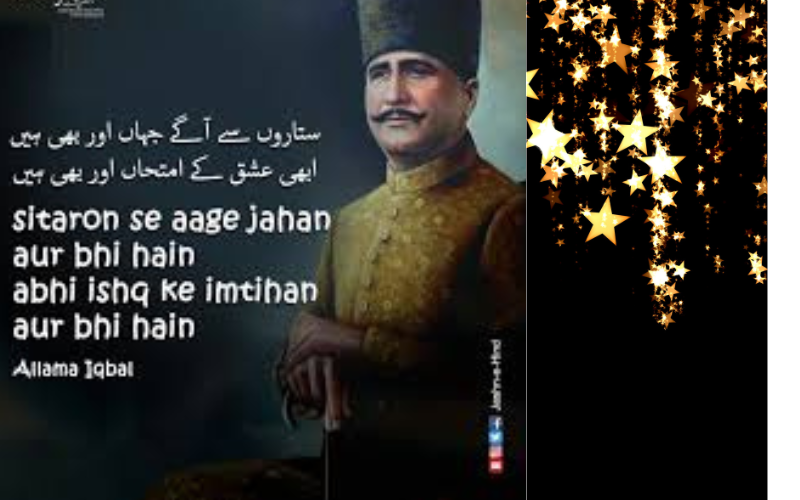
Discover the life and contributions of the well-known poet and philosopher Allama Iqbal. This in-depth biography explores Iqbal’s achievements, philosophy, and influence on politics and literature.
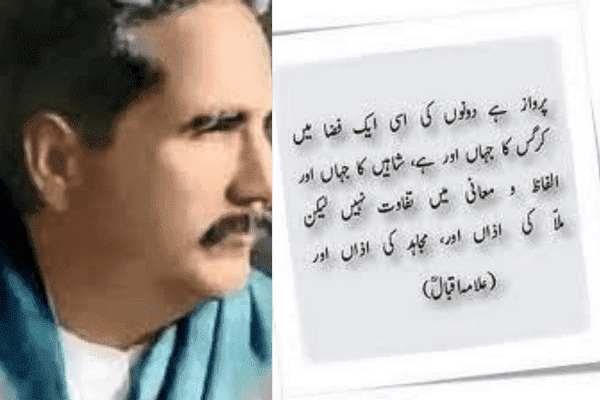
Early Life and Education

On November 9, 1877, Muhammad Iqbal was born in Sialkot, Punjab, British India (now in Pakistan). His early schooling started in his hometown, where he showed a strong desire to learn and a sharp mind. Syed Muhammad Iqbal, Iqbal’s father, was a devoted and holy man who gave his son a passion for spirituality and literature.
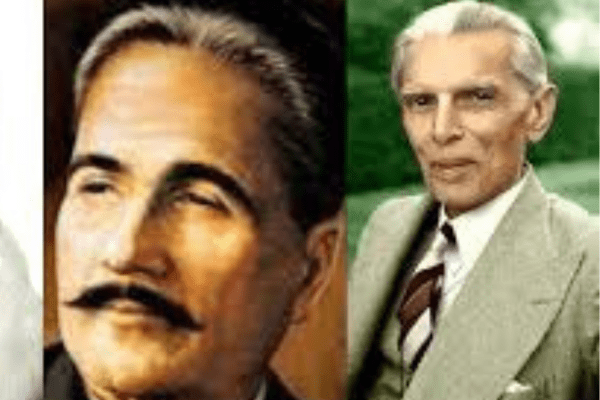
Iqbal pursued his studies at Government College Lahore, where he was a standout student and was especially impacted by the philosophy and Islamic ideas taught there. Because of his exceptional academic performance, he was awarded a scholarship to study in Europe, where he attended the University of Cambridge to obtain a philosophy degree. Iqbal furthered his studies at the University of Munich, getting a PhD in philosophy in 1908.
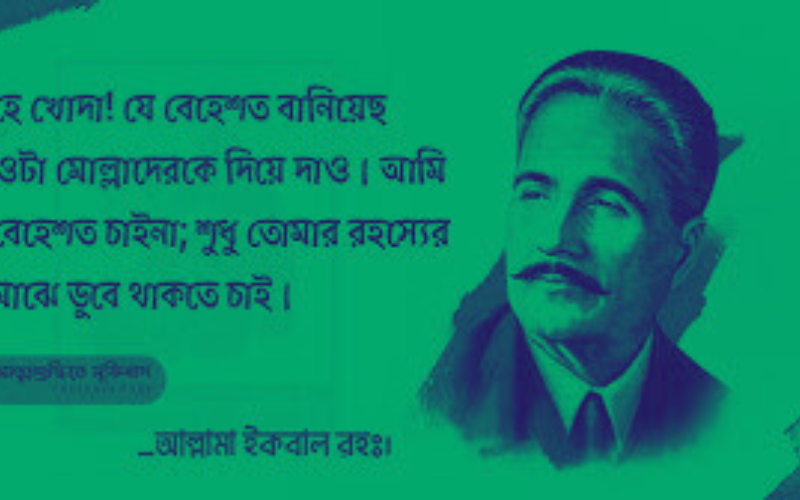
Literary Contributions
Allama Iqbal, also known as Muhammad Iqbal, is a revered figure in the world of literature, philosophy, and politics. Born on November 9, 1877, in Sialkot, British India (now Pakistan), Iqbal’s life was a tapestry of intellectual achievements, poetic brilliance, and political vision. His contributions have left a lasting impact on South Asian culture and the philosophical discourse of the Islamic world.
Early Life and Education
Iqbal was born into a modest family with a deep appreciation for Islamic values and education. His early education took place in Sialkot, where he demonstrated exceptional academic abilities. After completing his initial studies, Iqbal attended Government College Lahore, where he excelled in philosophy and literature. His intellectual curiosity and academic prowess earned him a scholarship to study in Europe.
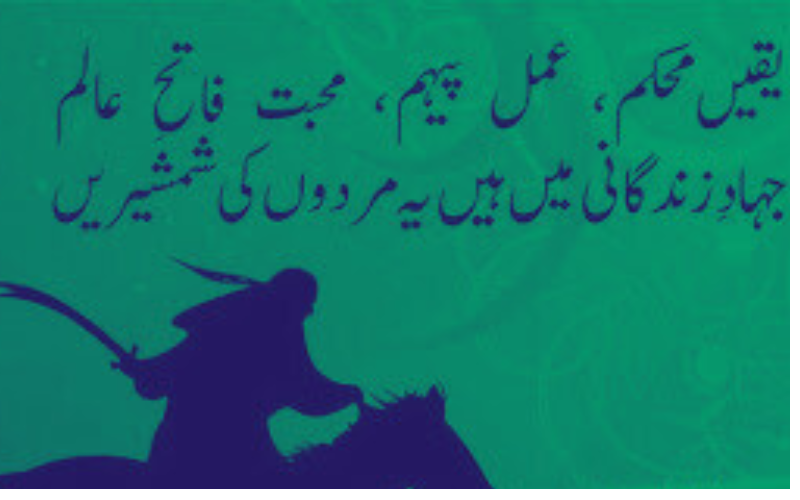
Profound poetry that combines contemporary intellectual ideas with traditional Islamic themes characterise Allama Iqbal’s literary work. His poetry, which he mostly wrote in Persian and Urdu, shows his profound knowledge of Islamic mysticism as well as his outlook on the Muslim world.

Iqbal’s first published work, “Asrar-e-Khudi” (Secrets of the Self), delves into the ideas of individualism and selfhood. It was released in 1915. It highlights the necessity of self-realization and personal progress, resonating powerfully with his audience. This investigation is continued in his later book “Rumuz-i-Bekhudi” (The Secrets of Selflessness), which promotes harmony between the individual and community awareness.

His greatest work, “Bang-e-Dra” (The Call of the Marching Bell), is a compilation of poetry that explores themes of spiritual awakening, solidarity, and patriotism.
Philosophical and Political Vision

Philosophical contributions made by Iqbal are essential to his legacy. His ideas are distinguished by a combination of contemporary existentialism and Islamic philosophy. Iqbal’s notion of a dynamic and progressive Islamic state, where the values of justice, equality, and spirituality would drive governance and social conduct, was the foundation of his vision for a revitalised Muslim society.
Iqbal is praised politically for having influenced the founding of Pakistan. His speech to the All-India Muslim League in 1930 outlined his ideas for an independent Muslim state, which subsequently became the basis for Pakistan’s establishment in 1947. Iqbal’s theories had a significant role in forming Pakistan’s ideology by highlighting the necessity of a distinct nation for Muslims to follow their cultural norms and worship their religion.
Legacy and Impact
The impact of Allama Iqbal goes well beyond his political ideas and poetry. Globally, his concepts are still inspiring academics, poets, and leaders. In Pakistan, Iqbal is venerated as a national hero, with his philosophy and poetry profoundly established in the country’s cultural and educational systems.
In Pakistan, November 9 is Iqbal Day, a yearly celebration honouring Iqbal’s contributions to literature and national identity. His uncompromising dedication to the principles of self-realization, spiritual development, and social justice is evident in his writings, which continue to be a source of inspiration.
Conclusion
The writings and life of Allama Iqbal provide a wealth of political, literary, and philosophical ideas. His literary accomplishments and his ideal of an Islamic society on the rise are still relevant today, demonstrating the continuing power of his concepts. Thinking back on his life story serves as a reminder of the enormous influence a committed thinker may have on the path of history and a country’s collective psyche.
Allama Iqbal continues to be a beacon of guidance, encouraging successive generations to pursue greatness, justice, and spiritual fulfilment via his poetry and philosophy.
